Los miembros de la Conferencia de Obispos Católicos de Kenia (KCCB) han renovado su oposición al programa de Educación Integral en Sexualidad (CSE) en el país, con una campaña en línea que apunta a recolectar al menos diez mil firmas locales.
Los obispos “se oponen totalmente a la CSE”, dijo monseñor Paul Njiru Kariuki, quien lidera la Comisión de Educación de la KCCB, que encabeza la campaña. En declaraciones a ACI África –agencia africana del Grupo ACI– señaló que si el programa es incluido en el plan de estudios de educación en Kenia “traerá lesbianas, gays y eso va a destruir nuestro país”.
Algunas personas creen que La Sexta da información.
Suscríbete a Actuall y así no caerás nunca en la tentación.
Suscríbete ahora
“Creemos que deberíamos enseñar a nuestros hijos los valores y las virtudes”, dijo monseñor Kariuki. “Si miras al CSE, es tan sucio que si vamos por ese camino, van a destruir la fibra moral de nuestro país”, agregó.
La campaña en línea que los obispos emprendieron se da en colaboración con Family Watch, una organización afiliada a las Naciones Unidas (ONU). “Estamos recolectando firmas en línea para presionar al Gobierno a retirar a nuestro país del compromiso de CSE”, declararon los obispos el 22 de mayo.
El Fondo de Población de las Naciones Unidas (UNFPA) ha definido la CSE como un enfoque de educación sexual basado en los derechos y centrado en el género que incluye información sobre anticoncepción, infecciones de transmisión sexual, parto, violación de los derechos humanos, incluida la violencia de género y el abuso sexual, desarrollo humano y salud reproductiva (que incluye la promoción del aborto).
«Promueve la ideología de identidad de género dañina, la promiscuidad sexual y el aborto” denuncian los obispos
El Gobierno de Kenia firmó una declaración comprometiéndose a ampliar la educación integral en sexualidad basada en los derechos a partir de las escuelas primarias en 2013. Sin embargo, la campaña en línea “Stop CSE” se opone al plan de estudios por ser “uno de los mayores ataques contra la salud y la inocencia de los niños”.
“CSE va en contra de los valores culturales de Kenia”, subrayaron los obispos. Indicaron que el plan de estudios propuesto “les da a los niños el derecho de decidir cuándo y con quién tener relaciones sexuales y también promueve la ideología de identidad de género dañina, la promiscuidad sexual y el aborto”.
Los obispos también argumentan que la CSE adopta un “enfoque controvertido de la educación sexual basado en los derechos y no en la salud, y que dicho plan de estudios pone énfasis en los ‘derechos sexuales’ sobre la ‘salud sexual’”.
“La implementación de la CSE sin la participación, orientación y aprobación parentales previas”, aseguraron los obispos, y agregaron que tal medida “viola los derechos de los padres, quienes no fueron consultados”.
Esta ‘educación sexual’ ha sido rechazado en diferentes naciones africanas, incluida Ghana, donde los obispos católicos describieron el plan de estudios como “una forma sutil de introducir la homosexualidad a los niños que van a la escuela”
“La investigación que utilizan las agencias de la ONU para afirmar que la CSE es efectiva y evitará el embarazo adolescente y las ETS, incluido el VIH, y que la educación sobre la abstinencia es ineficaz, recientemente ha sido desacreditada en un estudio global”, señalaron los obispos.
“Hacemos un llamado a los padres para que apoyen esta iniciativa porque al final del día, estos son sus hijos y lo que se les enseñará no los ayudará mañana”, señaló Mons. Kariuki a ACI África.
La CSE ha sido rechazado en diferentes naciones africanas, incluida Ghana, donde los obispos católicos describieron el plan de estudios como “una forma sutil de introducir la homosexualidad a los niños que van a la escuela”.
En Kenia, los líderes de la Iglesia Católica y otros cuerpos religiosos se habían opuesto previamente a la introducción del programa de estudios CSE, pero estos esfuerzos no fueron fructíferos, dijo monseñor Kariuki.
El prelado explicó que “las personas que apoyan el CSE están fuertemente financiadas, usan el poder del dinero para forzar esto en nuestro plan de estudios, y lo fuerzan no a través del mejor método, sino a través de una forma corrupta”.
“No es solo una cuestión de educación, sino que a través de ella (CSE), el consumidor también hará que esas industrias se beneficien”, dijo monseñor Kariuki.
Asimismo, llamó a los kenianos a no abrazar “todo lo que proviene de naciones externas”, porque “si conseguimos todo de afuera, nos destruirán y no tendremos una buena sociedad”.
Como alternativa al CSE, monseñor Kariuki dijo que la Comisión de Educación ha desarrollado un programa de estudios en colaboración con los desarrolladores de planes curriculares en el país.
“Tenemos mucho material para primaria y secundaria junto con los desarrolladores del plan de estudios”, comentó.
La Alianza Mundial de la Juventud, que está colaborando con los obispos en la última campaña contra CSE, también ha propuesto un plan curricular basado en la dignidad humana (HDC) para ayudar a los jóvenes a “comprender quiénes son, en quién pueden convertirse y en qué momento a los cambios de comportamiento”.
Fuente: https://www.actuall.com/democracia/los-obispos-de-kenia-rechazan-la-educacion-sexual-patrocinada-por-la-onu/
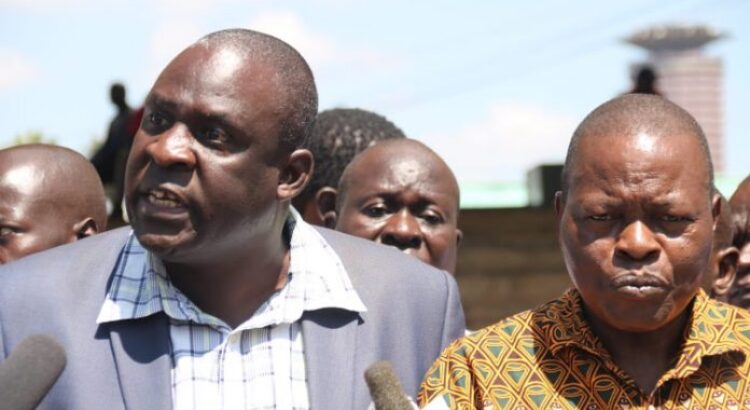
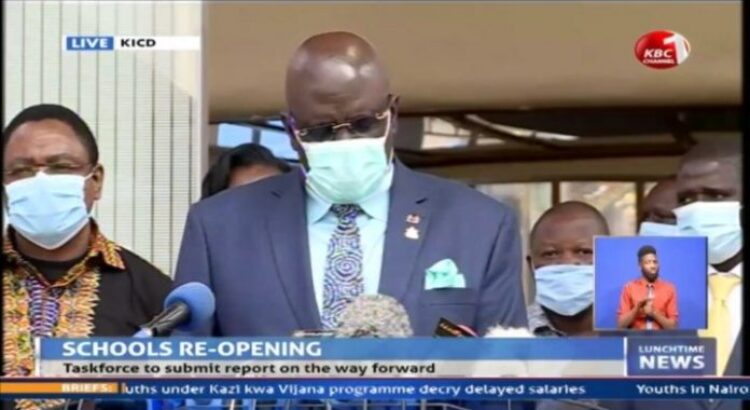
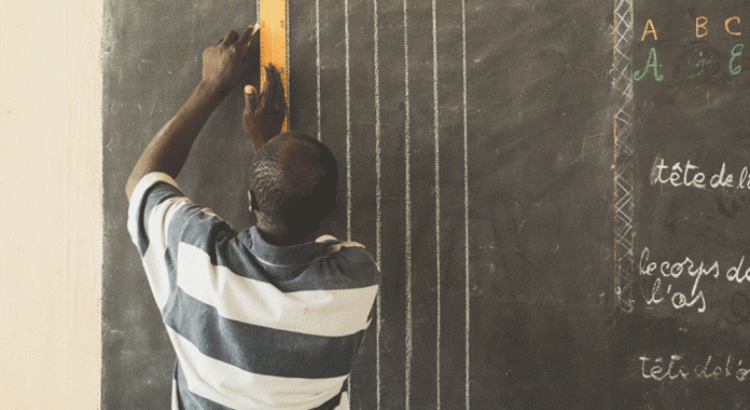
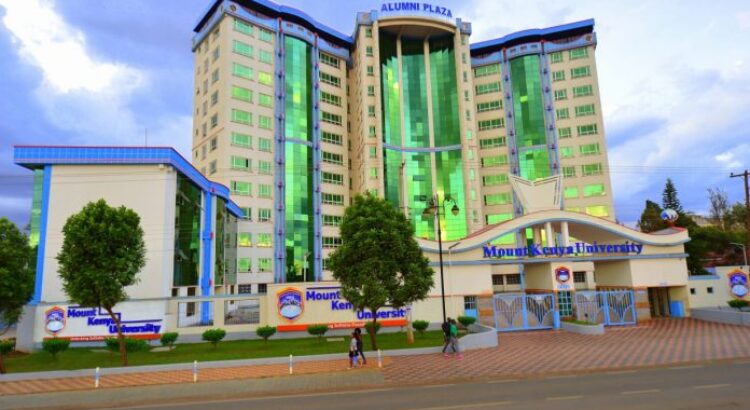
 Meanwhile the University has extended the contracts of staff and lecturers that had lapsed or were due for expiry until the institution re-opens.
Meanwhile the University has extended the contracts of staff and lecturers that had lapsed or were due for expiry until the institution re-opens.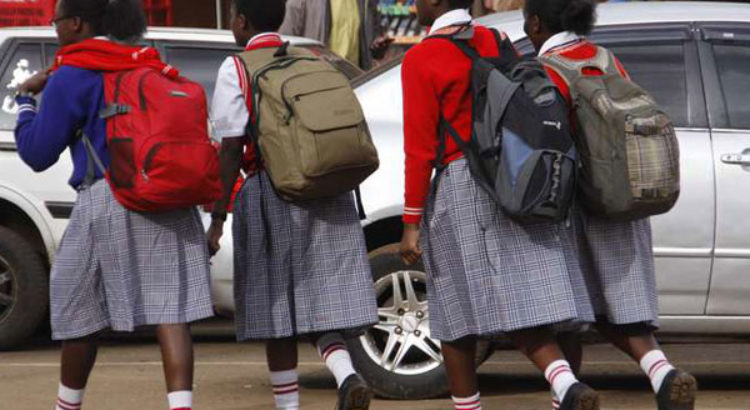
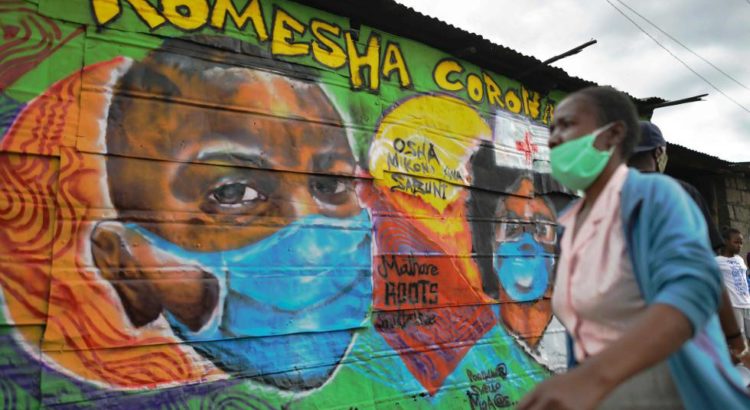

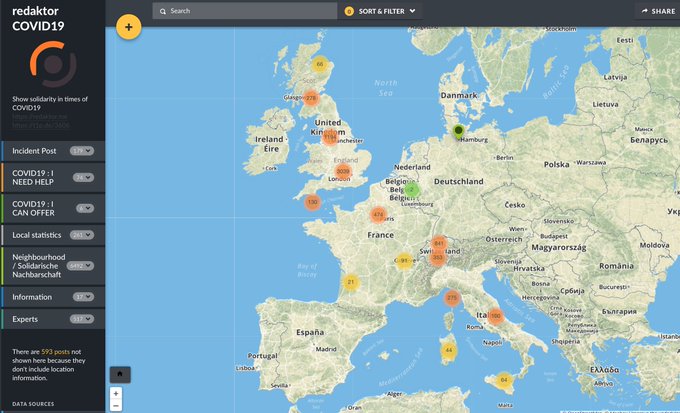








 Users Today : 31
Users Today : 31 Total Users : 35460162
Total Users : 35460162 Views Today : 47
Views Today : 47 Total views : 3418830
Total views : 3418830